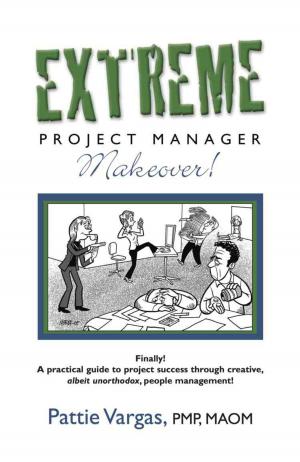DON'T FORGET THE IN-LAWS: The Other Side of Dementia's Fence
Nonfiction, Family & Relationships, Aging, Eldercare, Health & Well Being, Health, Ailments & Diseases, Self Help| Author: | Veronica Bergschneider | ISBN: | 9781632633774 |
| Publisher: | BookLocker.com, Inc. | Publication: | November 1, 2014 |
| Imprint: | Language: | English |
| Author: | Veronica Bergschneider |
| ISBN: | 9781632633774 |
| Publisher: | BookLocker.com, Inc. |
| Publication: | November 1, 2014 |
| Imprint: | |
| Language: | English |
Has your family received a diagnosis of dementia for your in-law? Do you feel alone or as if you jump through many hoops helping out? Wonder what to do and how to handle it? Is the in-law entitled to his or her own feelings and coping methods? Is it the in-law’s only place in the family to support the rest of its members? Where do you turn for information? Why does it seem nobody cares most of the time unless questions are about the patient?
Don’t Forget the In-Laws: The Other Side of Dementia’s Fence comes from the perspective of a person in the same situation. The author has gone from best friends with her mother in law to complete stranger with her in a few short years as a result of the disease. In the beginning, she often wished there were information directed specifically at dementia patients’ in-laws, but found none while gathering information to help her family understand the condition and what it causes.
She continually experiences each phase of the grief cycle many times over, and relates here how each occurs. The information in Don’t Forget the In-Laws also shows how some phases of grief can arrive two or more at a time, and how to handle such an occurrence. Other questions inspired by the condition receive attention, and many, answers. In the final section of the book, ways of coping with the diagnosis and its fallout are explored.
Anecdotes from the author’s own journey are included to help readers relate with what she sees and how their own situations could be quite similar. Although the book comes from the perspective of an introvert, Veronica hopes the information presented will help those of different personality types handle the stress of being a dementia in-law.
Has your family received a diagnosis of dementia for your in-law? Do you feel alone or as if you jump through many hoops helping out? Wonder what to do and how to handle it? Is the in-law entitled to his or her own feelings and coping methods? Is it the in-law’s only place in the family to support the rest of its members? Where do you turn for information? Why does it seem nobody cares most of the time unless questions are about the patient?
Don’t Forget the In-Laws: The Other Side of Dementia’s Fence comes from the perspective of a person in the same situation. The author has gone from best friends with her mother in law to complete stranger with her in a few short years as a result of the disease. In the beginning, she often wished there were information directed specifically at dementia patients’ in-laws, but found none while gathering information to help her family understand the condition and what it causes.
She continually experiences each phase of the grief cycle many times over, and relates here how each occurs. The information in Don’t Forget the In-Laws also shows how some phases of grief can arrive two or more at a time, and how to handle such an occurrence. Other questions inspired by the condition receive attention, and many, answers. In the final section of the book, ways of coping with the diagnosis and its fallout are explored.
Anecdotes from the author’s own journey are included to help readers relate with what she sees and how their own situations could be quite similar. Although the book comes from the perspective of an introvert, Veronica hopes the information presented will help those of different personality types handle the stress of being a dementia in-law.















